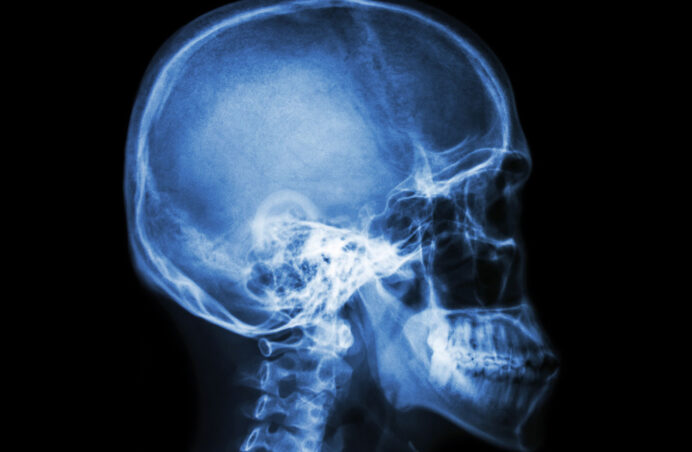
A traumatic brain injury (TBI) can have a profound impact on a person’s life and, in many cases, result in permanent damage and changes in emotional, physical, and cognitive functions. Even if you do not feel any immediate symptoms after sustaining a traumatic brain injury, seeking medical assistance is crucial. The sooner you treat a traumatic brain injury, the better your chances are of minimizing the damage. Rehabilitation after a TBI can prevent complications, such as blood clots and breathing problems, and help treat mental health issues related to the injury.
If you sustained a traumatic brain injury, or you are unsure if you suffered from a TBI, visit a hospital or your doctor as soon as possible. In many cases, traumatic brain injury survivors do not experience symptoms until several hours or even days after the incident. However, if you postpone treatment, you have a higher risk of permanent damage or, in some cases, death. In Wisconsin, there are several specialized traumatic brain injury units available that are regulated by the Division of Quality Assurance (DQA).
Oftentimes, the assistance of many medical specialists, physicians, and advisors are necessary when treating a traumatic brain injury. A survivor’s family members often partake in the rehabilitation process, offering support and encouragement.
Below are some of the functional problems that medical professionals treat in brain injury survivors:
To help brain injury survivors recover, many brain injury treatment programs assist them in relearning certain skills, such as:
In exceptionally severe cases, readjusting to life after sustaining such a catastrophic injury takes time and involves an extensive amount of support. You might require outpatient therapy, home therapy, or another form of assistance to help reintegrate you into everyday life.
Not all traumatic brain injuries present immediate symptoms, especially if your adrenaline levels are high or you are in shock.
Some of the signs you should be aware of include:
If you sustained a traumatic brain injury in an accident caused by someone else’s negligence, contact the team at Casey Law Offices, S.C. for the knowledgeable legal representation you deserve. Catastrophic injuries, such as TBIs, impact many parts of a victim’s life and can lead to long-term pain and suffering. Our attorney has assisted traumatic brain injury survivors and their families for more than 25 years and would be honored to do the same for you.
We understand the difficulties you are facing and how overwhelming this situation can be, especially once the medical bills associated with your injury start piling up.
Contact our law office today at (414) 272-5564 to schedule a free consultation with our trusted personal injury attorney. We will not charge any legal fees until we win your case.
My case was handled very professionally by him and his staff. Even when my case resolved and party tried to delay payment, Mr.Casey stayed on them until the end and my case closed.
John helped me a great deal with my automobile accident claim. He was very knowledgeable and really responsive to my concerns. I received an excellent settlement. I just recommended him to a friend.
Attorney Casey helped me tremendously in a time of great need. He’s down-to-earth, friendly, and very knowledgeable. I would definitely recommend him to others.
I hired Attorney Casey to represent me in a complicated contract dispute. Despite the complexity of the language in the 15-page contract, Attorney Casey was able to negotiate a very fair settlement for me without my having to appear in court. The process was stress-free; working with his staff was easy — they communicated clearly and timely with me. Best of all, the dispute was resolved in a matter of a few months, not more than a year as I had predicted.
I hired Attorney Casey to represent me after I had been seriously hurt in a car accident and was unable to work. I found Attorney Casey to be responsive, tenacious and unwavering in his commitment to secure the maximum amount in damages for me. The six-figure settlement has helped me pay my medical bills and return my life to normalcy. I highly recommend Attorney Casey and the team at Casey Law Offices.